Vietnam: What are the regular retraining contents on the application of teaching and education methods to develop students' qualities and competencies?
What are the regular retraining contents on the application of teaching and education methods to develop students' qualities and competencies in Vietnam?
Under Section 3 of the Regular Retraining Program for teachers in general education institutions issued with Circular 17/2019/TT-BGDDT, the Module on the application of teaching and education methods to develop students' qualities and competencies is regulated as follows:
(1) Title of the retraining module: application of teaching and education methods to develop students' qualities and competencies under the retraining requirements by the Professional Development Standards.
(2) Module code: GVPT 05
(3) Main content of the module:
- General issues about methods and techniques of teaching and education for developing students' qualities and competencies.
- Methods and techniques of teaching and education aimed at developing students' qualities and competencies.
- Application of methods and techniques of teaching and education to develop students' qualities and competencies.
(4) Duration: 40 lessons (16 theoretical lessons, 24 practical lessons)
(5) Required outcomes:
- Analyze general issues about methods and techniques of teaching and education for developing students' qualities and competencies in general education institutions, suitable for each level.
- Apply methods and techniques of teaching and education to organize teaching and education towards the development of students' qualities and competencies suitable for each level:
Integrated teaching; Differentiated teaching; Organization of inclusive teaching and educational activities for students with disabilities; Pedagogical solutions in the educational work of homeroom teachers; Positive teaching methods and techniques, etc.
- Support colleagues with knowledge, skills, and experience in applying methods and techniques of teaching and education for developing students' qualities and competencies in general education institutions.
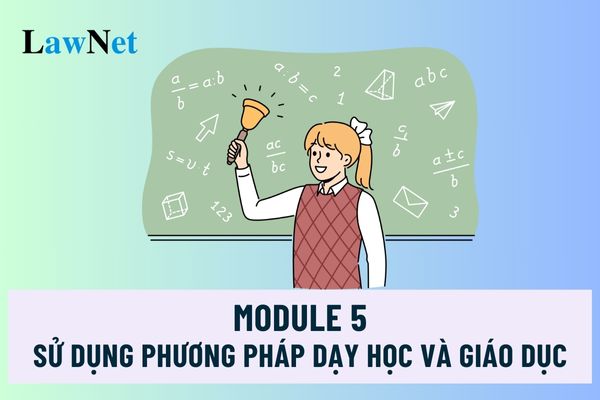
What are the regular retraining contents on the application of teaching and education methods to develop students' qualities and competencies in Vietnam? (Image from the Internet)
Which Retraining Program is the regular retraining on the application of teaching and education methods to develop students' qualities and competencies in Vietnam included in?
According to Section 3 of the Regular Retraining Program for teachers in general education institutions issued with Circular 17/2019/TT-BGDDT:
Content of the retraining Program
The Regular Retraining Program for teachers in general education institutions under the form of retraining as required by the job position; retraining in annual compulsory professional knowledge and skills, includes:
...
3. Professional competency development retraining program according to job position requirements (referred to as retraining Program 03): Teachers in general education institutions choose retraining modules to develop qualities, and professional capacities to meet job position requirements. The number of optional modules ensures compliance with the retraining duration specified in Paragraph 2 Section IV of this Program. The retraining modules are:
...
Thus, regular retraining on the application of teaching and education methods to develop students' qualities and competencies in Vietnam is included in Retraining Program 03.
What are the general competencies of primary school students to be noted by teachers when participating in the retraining program on the application of teaching and education methods in Vietnam?
According to Section 9 of the General Education Program issued with Circular 32/2018/TT-BGDDT, the required outcomes for the 03 general competencies of primary school students are as follows:
| Competency | Primary School Level |
| Self-regulation and self-learning competency | |
| Self-reliance |
Be able to perform their tasks at home and at school as assigned and guided. |
| Self-assertion and protection of legitimate rights and needs |
Be aware of personal rights and desires; initially know how to present and exercise some legitimate rights and needs. |
| Self-adjustment of emotions, attitudes, behaviors |
- Recognize and express their emotions; know how to share their emotions with others. - Be amiable with everyone; do not say or do things that offend others. - Follow the study and labor plans; do not neglect learning or other tasks. |
| Adaptation to life | - Find different ways to solve the same problem. - Perform various tasks with different requirements. |
| Career orientation |
- Exhibit personal interests and capabilities. - Know the names, main activities, and roles of some occupations; relate this knowledge to the occupations of family members. |
| Self-learning, self-improvement |
- Have the awareness to summarize and present what has been learned. - Recognize and correct mistakes in tests based on the teacher's comments. - Have the awareness to learn from teachers, friends, and others to consolidate and expand knowledge. - Have the awareness to study and follow the example of good people. |
| Communication and cooperation competency | |
| Identifying the purpose, content, means, and attitude of communication |
- Recognize the significance of communication in meeting personal needs. - Comprehend text about life, nature, and society using language combined with images like comics, simple articles. - Initially know how to use language combined with images and gestures to present information and ideas. - Focus on communication; recognize the attitude of the communication partner. |
| Establishing, and developing social relations; adjusting and resolving conflicts |
- Know how to make friends and maintain friendships. - Recognize disagreements and conflicts between oneself and friends or among friends; know how to yield to or persuade friends. |
| Identifying the purpose and method of cooperation |
Have the habit of exchanging and helping each other in study; know how to complete tasks together as guided by the teacher. |
| Identifying personal responsibilities and activities |
Understand the group's tasks and their own responsibilities and activities in the group after being guided and assigned. |
| Identifying the needs and capabilities of collaborators |
Recognize some prominent characteristics of group members to propose suitable work assignment plans. |
| Organizing and persuading others | Know how to complete assigned tasks and share and help other members complete their tasks. |
| Evaluating cooperation activities |
Report the group's task outcomes; self-assess personal strengths and weaknesses as guided by the teacher. |
| International integration |
- Have initial knowledge about some countries in the region and world. - Participate in some international integration activities as guided by the school. |
| Problem-solving and creative competency | |
| Recognizing new ideas |
Know how to identify and clarify information and new ideas for oneself from given materials based on guidance. |
| Detecting and clarifying problems |
Know how to gather information from the situation, recognize simple problems, and ask questions. |
| Formulating and implementing new ideas |
Based on acquired knowledge, know how to form new ideas for oneself and predict outcomes when implemented. |
| Proposing and selecting solutions |
State how to solve simple problems based on guidance. |
| Designing and organizing activities |
- Identify main content and ways to achieve set goals based on guidance. - Evaluate the significance of activities. |
| Independent thinking |
Raise questions about surrounding objects and phenomena; do not hesitate to express personal opinions on various information about objects and phenomena; be ready to change upon recognizing mistakes. |
>> See the Appendix of the General Education Program issued with Circular 32/2018/TT-BGDDT: Download (Note: Some content in this file has been amended by Article 1, Article 2 of Circular 13/2022/TT-BGDDT)
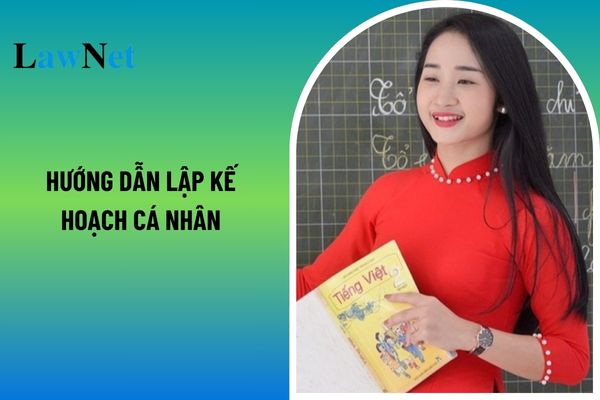
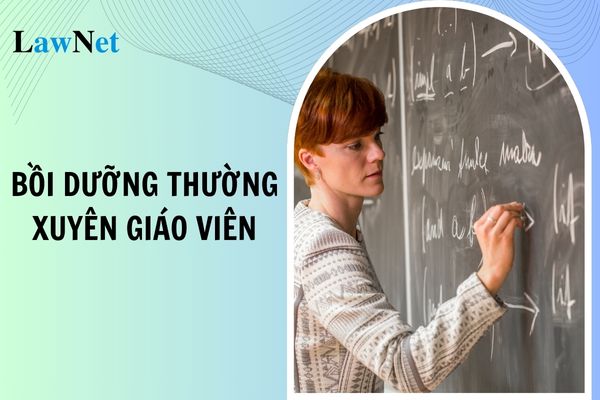
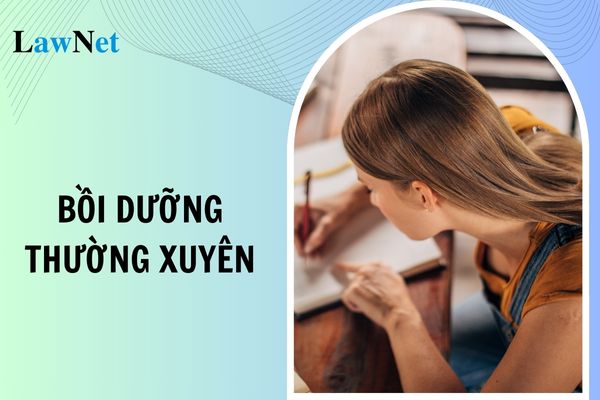
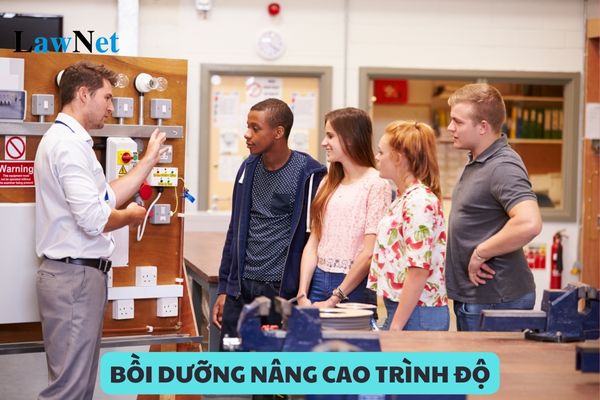

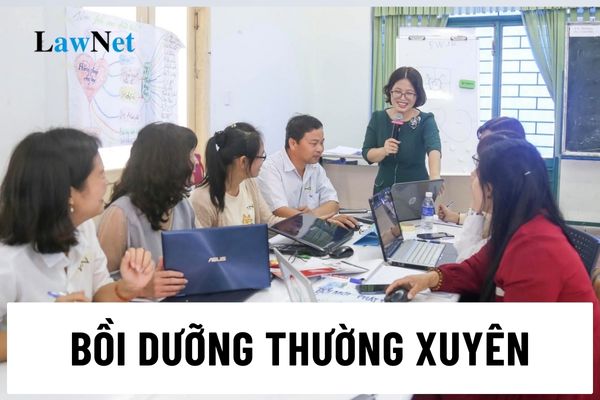
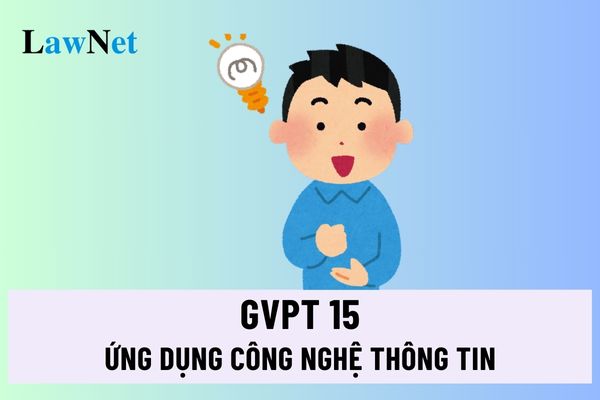
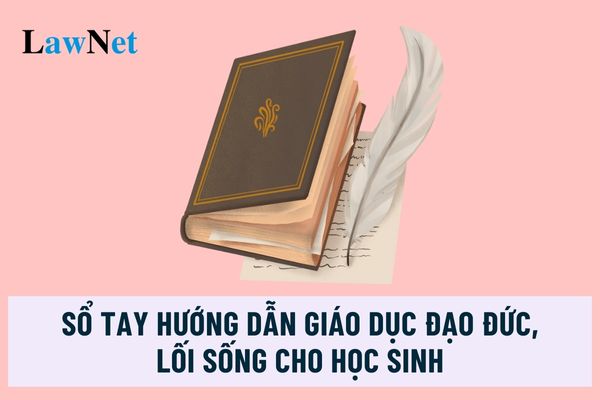
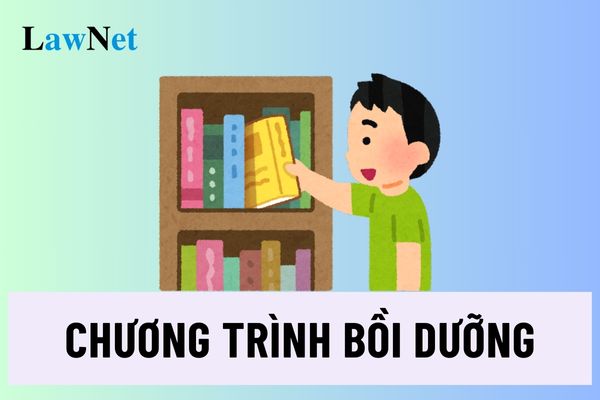
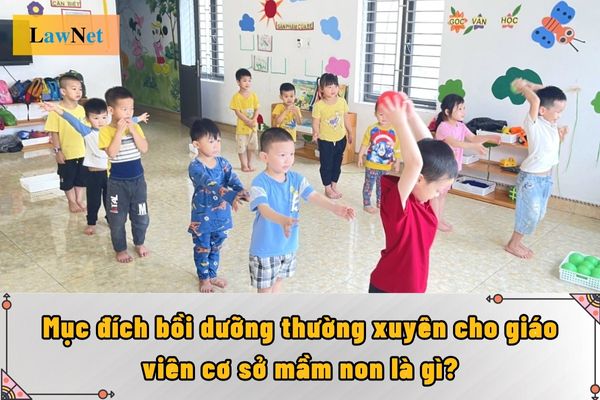
- What is Ohm's Law? What is the symbol for Ohm in Physics? When do students in Vietnam study Ohm's Law?
- Template Poem on Solidarity for 5th Grade Vietnamese Language? How to Develop the 5th Grade Vietnamese Language Curriculum?
- What is formula for calculating the area of a square? When do students in Vietnam study the formula for calculating the area of a square?
- What is the purpose of training to enhance the capacity of school healthcare personnel in Vietnam?
- Vietnam: What are the 1st end-of-semester question papers and answers for 10th-grade Mathematics? What knowledge does the 10th-grade Mathematics curriculum cover?
- Vietnam: What is the function of the optic nerve? What are the regulations on student health education?
- Vietnam: What is a formula for calculating Archimedes' Principle? When can 8th-grade students transfer schools?
- Vietnam: What are the Top 3 high-scoring explanatory essays about the famous landscape of the Huong River? What is the regulatory age of students entering 9th grade?
- Vietnam: What are the 1st end-of-semester question papers and answers for 11th-grade Literature? What priorities are upper secondary schools for the gifted given to ensure the quality of education?
- How many upper secondary schools for the gifted at minimum is each province in Vietnam required to have?

